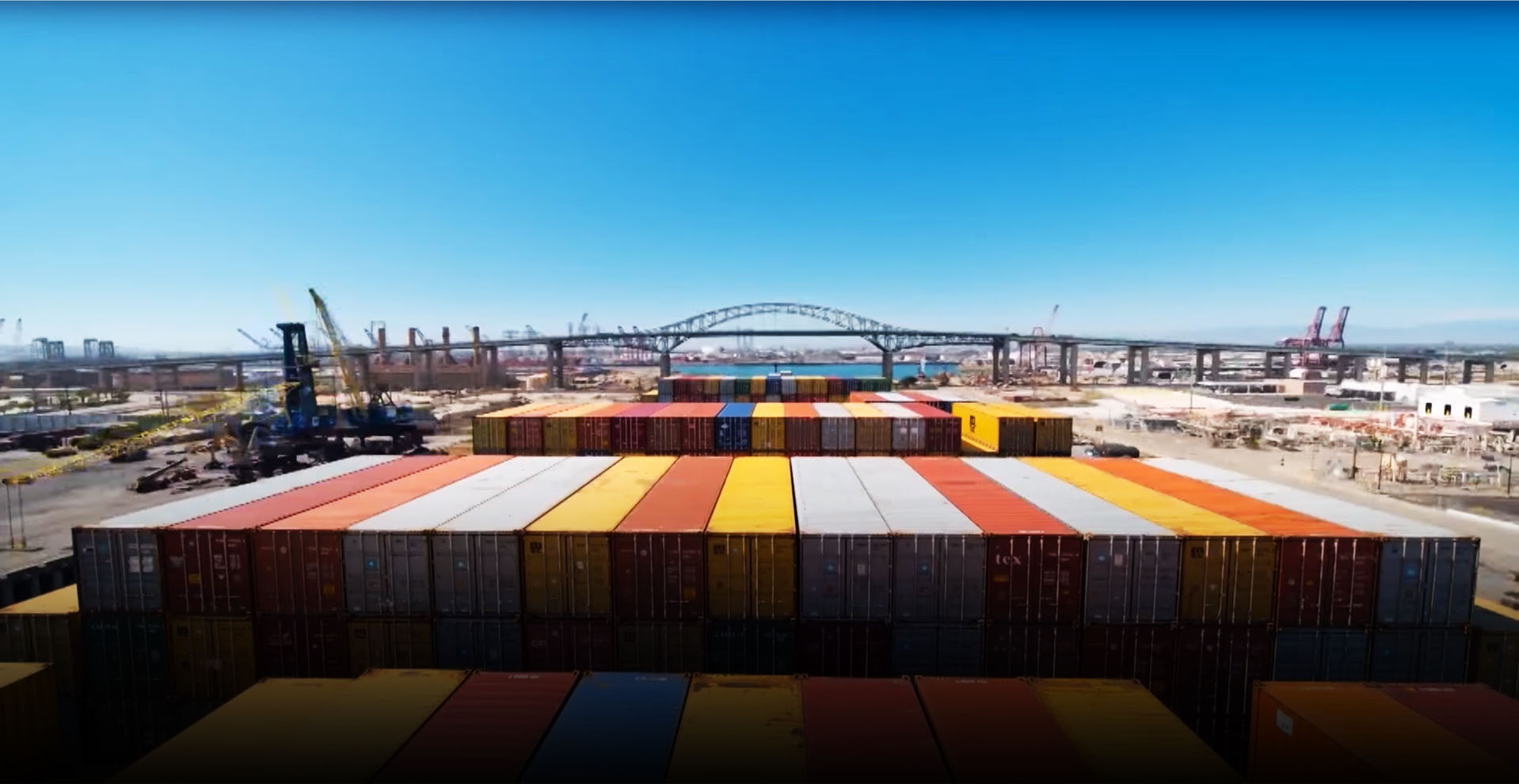Research Projects
Stop the VideoResearch Projects


Efficiencies in Freight and Passenger Routing and Scheduling to Reduce VMT
Project Summary
Project number: MT-2-1a
Funding source: US DOT
Contract number: DTRT13-G-UTC57
Funding amount: $100,000
Performance period: 1/1/2014- 6/30/2015
Project description
The problem we study concerns routing a fleet of capacitated vehicles in real time to collect shipment orders placed by a known set of customers. On each day of operation, only a subset of all customers request service. Some of these requests are known at the beginning of the day, while the rest arrive dynamically during the day. It is not known when and from which customers these dynamic requests may come from. An example of such an application is the daily operation of a trucking company that consolidates shipments from multiple suppliers.
The objective of this dynamic vehicle routing problem (DVRP) is three fold: first, to minimize the impact (on total travel distance) of knowing only partial information; second, to maximize the flexibility of the existing routes in a dynamic environment; third, to provide fast responses to dynamic customer requests. Thus, we propose an optimization-based, look-ahead dynamic vehicle routing framework that periodically re-optimizes the current vehicle routes by using both the known and forecasted information. Heuristic algorithms are designed to construct an initial solution, improve the initial solution, and adjust the waiting time along the vehicle routes.
We perform simulation experiments on well-known benchmark problem instances in the literature. For each instance, we compare the quality of our solution with other routing strategies. We see that the look-ahead routing strategy with forecasting of future requests outperforms a routing strategy that only makes use of the known demand information, in terms of total travel distance for instances with relatively fewer advance requests and more dynamic requests. Thus the look-ahead dynamic routing strategy shows its merits for problems with high level of uncertainty. Overall our proposed approach could generate routing solutions that could reduce freight vehicle miles traveled, thus minimizing the impact of freight on passenger travel since they primarily share the same road network, especially in major urban centers like Los Angeles.
P.I. NAME & ADDRESS
Maged DessoukyDean's Professor and Chair, Daniel J. Epstein Department of Industrial and Systems Engineering
3715 McClintock Ave.
Ethel Percy Andrus Gerontology Center (GER) 206ALos Angeles, CA 90089-0193
United States
[email protected]















